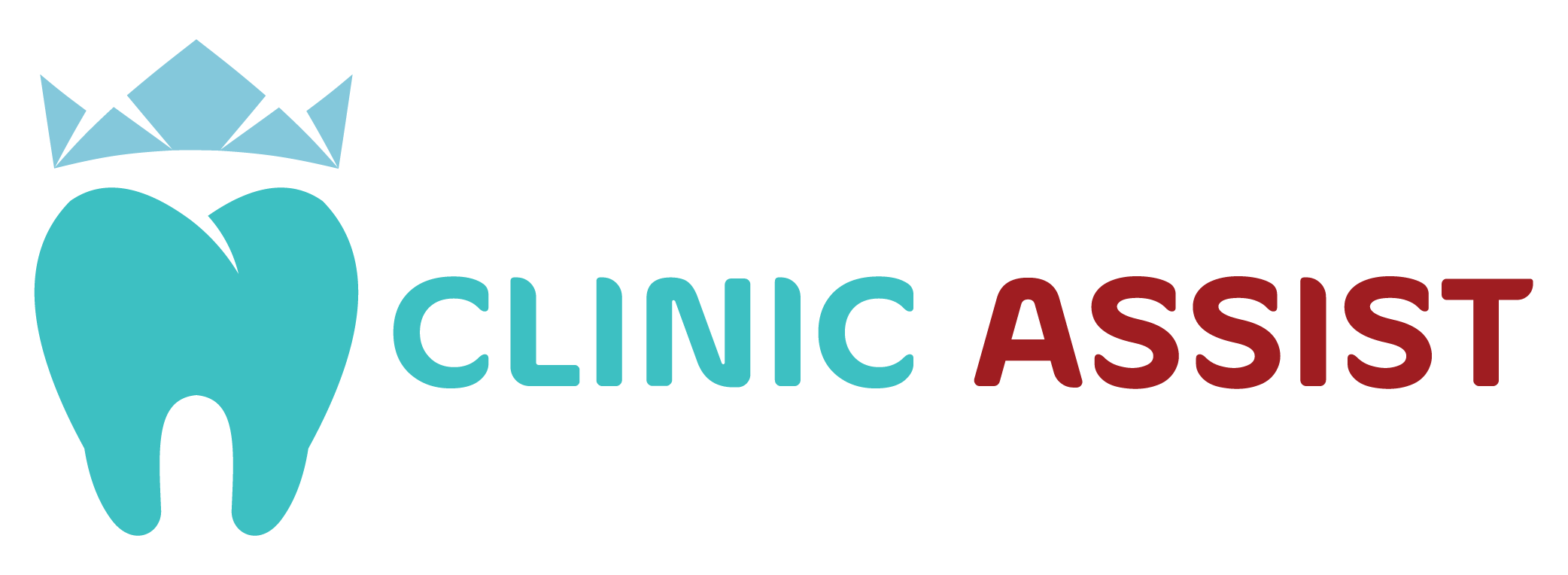
Nothing will hurt a dental practice from growing like having a huge amount of Unscheduled treatment. Patients delay their treatment for a variety of reasons, like having busy schedules, financial concerns or anxiety about being at the dentist. However, consistent and effective follow-up strategies can help ensure patients schedule their treatments, which helps their oral health and your practice’s revenue. Here are five proven strategies for making your follow-ups more successful:
1. Organize Your Patient List By Priority-Type
Not all patients are the same, and neither should your follow-up strategy. Look at your list of Unscheduled Treatment and explain to your team how to prioritize the patients. A few key factors could include: total value of the treatment, type of treatment, urgency, and patient history. You could filter patients by:
High-Value Treatments: Focus on the patients with $5,000+ in treatment value
High-Priority Cases: This could include root canals, gum disease treatments and anything else that requires immediate follow-ups to reduce the risk of further oral health damage.
Routine Treatments: Smaller cases like cleanings and minor fillings could be at the bottom of your follow-up list only after the more high-value items have been responded to
If your Treatment Coordinator only has a limited amount of time to follow-up with patients, you can direct them accordingly to get more results.
2. Use Automated Systems for Consistency
Setup systems in place so your team can consistently follow-up with patients. This could include:
Automated emails or texts at specific time intervals. I.e. one text message after 1 week, followed by an email the next week followed by a manual call
Track patient responses in a CRM to make sure they are reached out to regularly. (We use Pipedrive. Here’s a link on how we use it.)
3. Offer Flexible Scheduling Options
One common reason patients delay treatments is due to scheduling conflicts. You can overcome this by offering certain morning slots before work, specific weekday evenings where you are open later or weekends to accommodate those with busy work schedules.
4. Address Financial Concerns Proactively
Many patients delay dental treatments due to cost concerns. You can do a few things to combat this like
Highlight financing options: Let patients know about payment plans, financing, or insurance coverage that can make treatment more affordable.
Offer discounts for prompt scheduling: A small incentive, such as discounted whitening or a 5% off could encourage patients to book sooner rather than later.
Clarify the long-term benefits: Emphasize that completing treatment now can prevent more costly procedures in the future, like implants.
5. Maintain a Patient-Centric Approach
Follow-up communication should never feel like a hard sell. Instead, focus on the patient’s well-being and how completing their treatment will benefit them. This could include:
Educational content: Provide patients with helpful information about the risks of delaying treatment and the positive outcomes of timely care. Include videos, blog posts, or brochures that explain the importance of their specific treatment.
Personalized touch: Follow-up calls from a real person, such as the dentist or a friendly staff member, can make a huge difference. Patients are more likely to respond to a personalized conversation than an impersonal reminder.
We hope these tips helped!
If you’d like assistance following up with your Unscheduled Treatment Plans from my team so your appointment book is full, Net Profit King can help out. We partner with dental practices and guarantee $150,000 per year in Case Acceptance or we work for free. We will call your patients with HIPAA-certified treatment coordinators that are effective at getting results. One of our clients got $11,000 in Treatment scheduled in the first 30 days. Book a 10-minute consultation meeting with our team to learn more.
